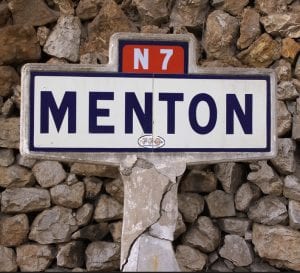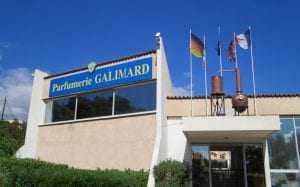And those other names?
 3 WISE MEN features real locations, real cafes, and real hotels , etc. in order to give authenticity to the novel. The plot is also plausible and based on a genuine ancient document.
3 WISE MEN features real locations, real cafes, and real hotels , etc. in order to give authenticity to the novel. The plot is also plausible and based on a genuine ancient document.
The sense of place – places that reader have heard about or visited – was essential for me as a writer. In fact, one idea for the story was dropped – simply because it was a far-fetched possibility that our protagonist would be able to circumvent the security in place. I had checked it out carefully and realized that there was a slim chance of getting past the guards, but this was highly unlikely.
I hope the exotic locations and real places give 3 WISE MEN that touch of reality that I was looking for. Even the airline and train schedules needed to be correct. Some research took a while!
Finally, I was grateful to Galimard in Grasse for allowing me the rights to use their company name in 3 WISE MEN.


 [novel extract: “His favorite café – the Bar Arcibaldo – was just across the street from the university entrance, and Jak was delighted to enter and finally shake off the cold air. Not only was this a good place to relax, but it was also an opportunity to enjoy the company of fellow university students and lecturers who frequently gathered here between classes and at the end of their academic day.] Note: “Nun Te Pago” means “Not paid.”
[novel extract: “His favorite café – the Bar Arcibaldo – was just across the street from the university entrance, and Jak was delighted to enter and finally shake off the cold air. Not only was this a good place to relax, but it was also an opportunity to enjoy the company of fellow university students and lecturers who frequently gathered here between classes and at the end of their academic day.] Note: “Nun Te Pago” means “Not paid.”